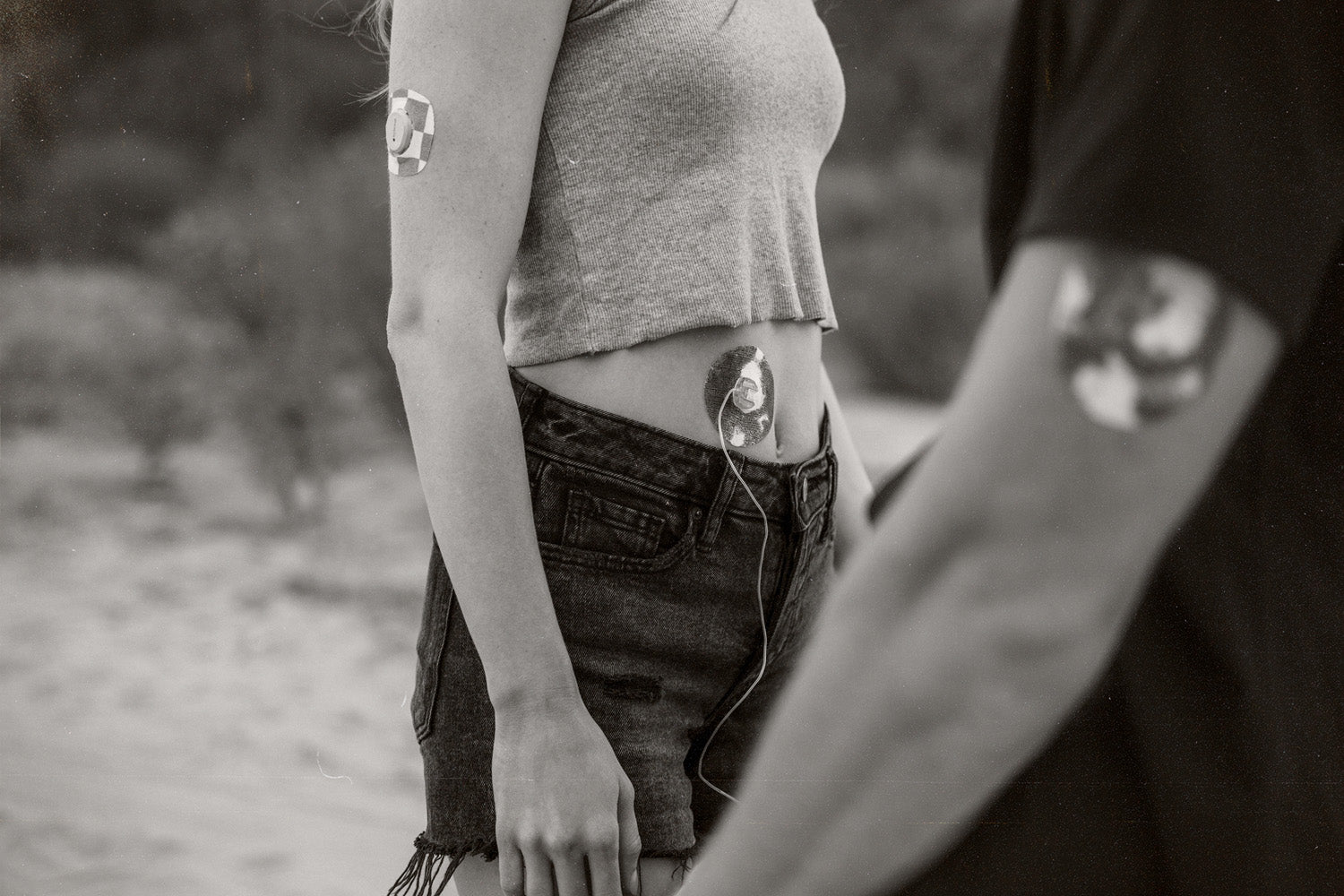 (William Choquette/Pexels)
(William Choquette/Pexels)
One of the most common questions asked by people with a new diagnosis of type 2 diabetes is, “Can I cure it?” Unfortunately, there is no cure for type 2 diabetes. Just as with type 1 diabetes, it is a condition that will have to be managed throughout your life. Fortunately, that does not necessarily mean you will be symptomatic for the rest of your life. With certain lifestyle changes, some people may be able to manage their condition without medication.
What is type 2 diabetes?
Type 2 diabetes (sometimes called adult diabetes) is an endocrine disorder characterized by an inability to process glucose, the sugar that fuels cells. There are two problems that cause this inability:
- The pancreas does not produce enough insulin, a hormone that allows cells to use glucose.
- The cells themselves do not respond appropriately to insulin (a condition sometimes called insulin resistance).
These disease processes are partly linked to genetics and partly linked to a variety of lifestyle factors that increase the risk of developing diabetes.
How do I avoid taking medication?
For many patients, medication is a necessity to control abnormally high blood glucose levels. The most important aspect of managing diabetes is maintaining a healthy blood sugar, as uncontrolled blood sugars cause the secondary complications of diabetes. If medication helps keep you healthy, take it!
Beyond medication, lifestyle changes can help patients manage their blood sugar and control the progression of their diabetes. The two most important factors to manage blood sugar without pharmaceutical help are diet and exercise. While many influencers and snakeoil salespeople are ready to convince you that only a specific exercise program or diet can “cure” diabetes, the truth is much simpler. Your diabetes can be managed by living a healthy lifestyle. Though your symptoms may improve, a healthy lifestyle may not completely cure or take away all of your symptoms.
Diet
A diet to manage your blood sugar is much like what you might imagine a healthy diet would look like: eating mostly vegetables, fruits, and whole grains with sources of healthy fats and lean meat. Highly restrictive or fad diets such as Keto, Carnivore, or vegan diets are not necessary for managing your blood sugar and many physicians discourage them. The simplest change you can make is to avoid sugary drinks, such as soda, juice, or highly sweetened teas. Avoiding processed sugary snacks can also help. Instead of a snack cake, substitute fruit for dessert.
Beyond avoiding sugary snacks, you can focus on adding in fruits, vegetables, and whole grains to your diet. Approximately half of your plate should be filled with fruits and vegetables. The remainder of your plate should be filled with whole grains such as brown rice, whole grain bread, etc., and a protein like lean meat or fish. These food choices, which are high in fiber, micronutrients, protein, and unsaturated fats will keep you satisfied longer as your body digests them more slowly.
Exercise
Despite countless ads online for programs with names like Booty Blasterz and 72 Hours to Shredded Abs, there is no single exercise program that will guarantee better health or even a more aesthetic body. As far as managing your blood glucose level, the best activity you can do to improve your blood sugar is the one that you can get yourself to do frequently. If you like long walks, do that. If weightlifting or team sports are more your speed, then find a gym or intramural league you can participate in. The only guideline is to aim for approximately 150 minutes of moderate intensity activity each week. This kind of activity should get your heartrate up, but it doesn’t have to be a grueling session that leaves you drenched.
Do I have to lose weight?
While some individuals find that weight loss improves their symptoms of diabetes, it is not a silver bullet. Weight loss is not inherently tied to improved health outcomes, nor should anyone feel pressured to lose weight to gain access to healthcare. However, minor weight loss of approximately 2-5% may improve your A1c, your 3-month average blood glucose level. If you feel motivated to drop some pounds, consult with your doctor to find a way to lose weight that is healthy, sustainable, and achievable.
What if I do all that and still need medication?
Fortunately, that’s what medication is for. Diabetes treatment can seem overwhelming, but with physicians and modern medicine, diabetes can be controlled extremely effectively. There is no reason to be afraid of medication, especially as you learn the best way to use it to control your blood sugar. Your doctors and nurses can educate you on the medications that may be the best fit for you and your body, their side effects, and how you should take them.
Can a CGM help?
Because patients with type 2 diabetes are at decreased risk for hypoglycemia and DKA, they are not prescribed a CGM (continuous glucose monitor) as often as patients with type 1. However, many patients choose to use a CGM to track their blood sugar. If you think having continuous monitoring would benefit you, medical devices can help you measure your blood sugar anytime you need it. Skin Grip’s adhesive patches will keep the Freestyle Libre, Dexcom G6, Medtronic Guardian or other devices firmly attached to your skin, which helps you keep your A1c under control, no matter where you are.
Infographic
The good news is that it is possible to reverse the effects of type 2 diabetes, which affects millions of individuals all over the world. It is possible to reduce blood sugar levels, enhance insulin sensitivity, and recover control of one's health by making the necessary adjustments to one's lifestyle, such as adopting a healthier diet and engaging in regular physical activity, for example.































